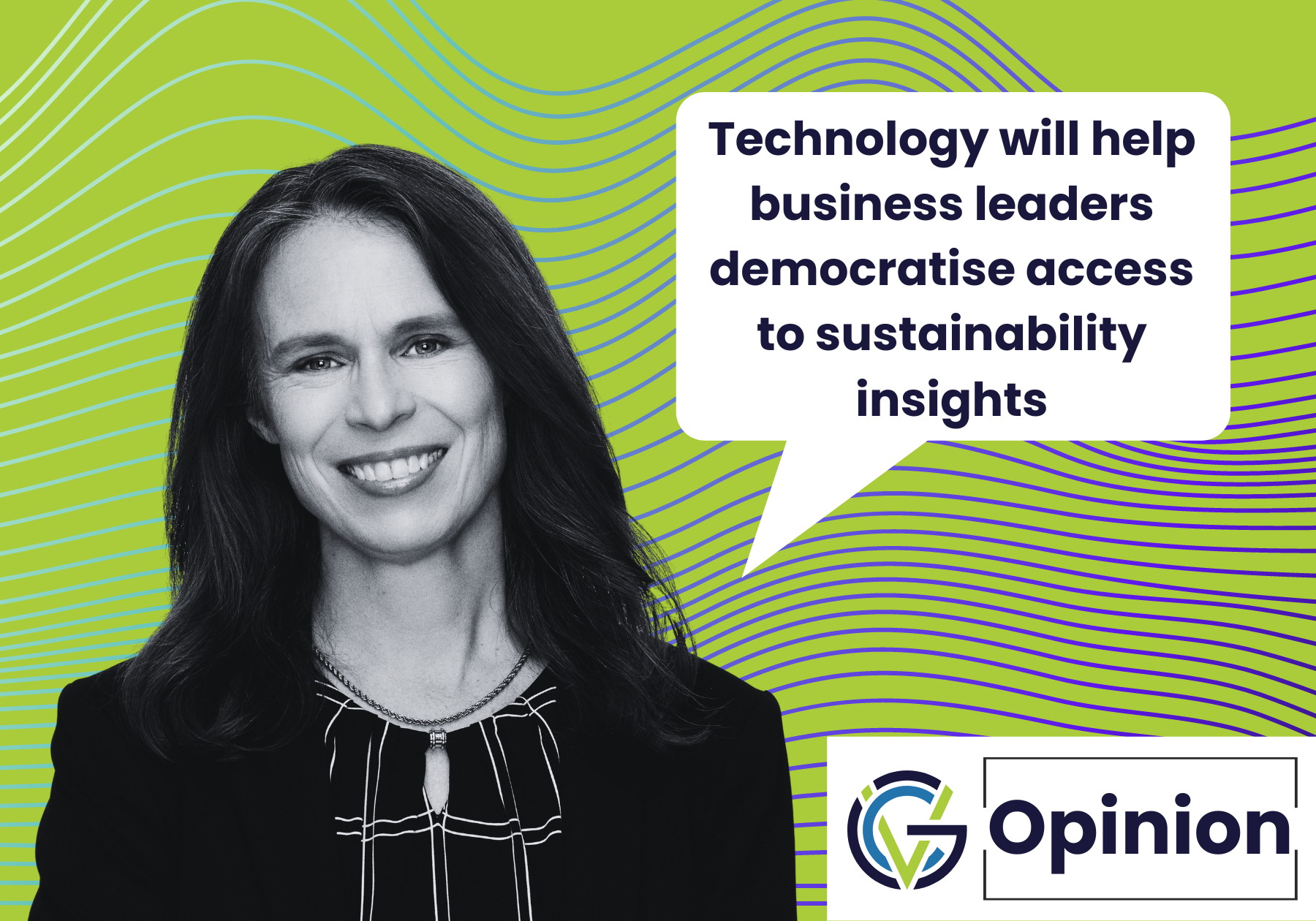
One of the fundamental climate challenges put forth at the United Nations Climate Change Conference, Cop28, was addressed in the closing hours of the summit. A landmark deal was reached when nearly 200 countries agreed to begin reducing global consumption of fossil fuels. It was a hard fought negotiation, with over 100 countries pushing to “phase out” oil. The deal that was ultimately reached calls for “transitioning away from fossil fuels in energy systems, in a just, orderly and equitable manner … so as to achieve net zero by 2050 in keeping with the science” according to Reuters.
Now, the work begins to deliver on this unanimous commitment, which is in addition to the global methane pledge signed by over 150 countries to cut methane at least 30% by 2030.
These commitments, coupled with the ambitious goal of tripling of renewable energy capacity globally by 2030 and the new loss and damage fund, will take significant investment and innovation. The price tag to stop global warming is roughly $200 trillion according to BloombergNEF, the research organisation.
Luckily, companies already have some experience we can build on. Countries are only just catching up with companies that have been signing up for carbon targets and ambitious sustainability goals for years. As Zero Tracker, an organisation that reviews global net zero commitments, noted in June: “Net zero is a corporate norm, with almost two-thirds (65%) of the annual revenue of the world’s largest 2000 companies now covered by a net zero target.”
With the world’s population projected to reach 9.8bn by 2050 while the global economy is expected to double, sustainability will, in part mean learning to do more with less. But the sustainability shift can also be a growth engine and an opportunity, especially for those who can help with the global data challenge it presents.
Leveraging technology, including the promise of generative AI, will help business leaders democratise access to insights on sustainability. It will aid with problem-solving and scenario planning. Just think of the potential use cases, like optimisation (for circular supply chains and infrastructure expansion), detection (for leaks), prediction (for asset management), R&D (for alternative energy, new materials, and other scientific discoveries), validation (like carbon credit verification) and risk management (with weather modeling and insuring PPE). These are only a few opportunities.
Of course, companies will need to establish baselines and benchmarks to measure progress for accountability to stakeholders. But it is worth noting that a common trait across use cases is better business outcomes. Sustainability is good business. Now, with the COP28 deal, there is a unified vision to pursue fossil fuel reduction.
I’m excited to take part in the GCV Sustainability Council to work on this effort. It is truly encouraging to see the collaboration across industry councils and corporate venture arms broadly. Thanks to James Mawson and Maija Palmer for your commitment to the CVC community and councils you have cultivated – and to our collective path toward sustainability.
Angie Grimm is a member of the GCV Global Sustainability Council, and head of sustainability at the
FIF Collective
